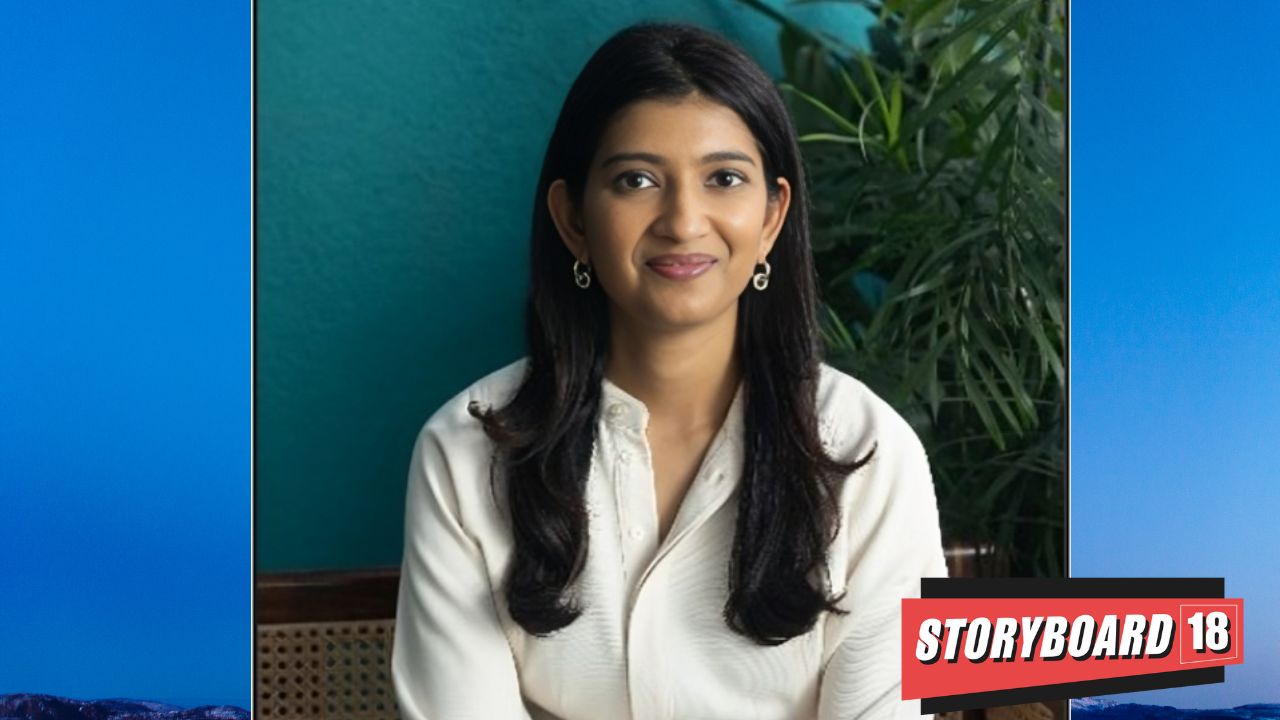Women have always had stories to tell — stories of resilience in the face of hardship, of love that defied expectations, of dreams whispered in the dark. With the right combination of women fighting to narrate these stories to the world and the increasing spaces available for them to be heard, we’re slowly witnessing a change in the cinema landscape with more female directors and a wider range of female characters coming to life on screen.
The Cannes Film Festival 2024 was a breakthrough moment for Indian women on the international stage. The prestigious festival holds an unparalleled significance in the world of cinema. The festival has a rigorous selection process and its impact extends far beyond the festival’s duration, influencing trends and often determining the future success of the films and the filmmakers it honors.
India-France relations across politics and culture demonstrably strengthened in 2023, underscored by President Macron’s visit to India. Recognition of Indian talent and the unique cinematic textures and styles arising from different parts of the country have received greater recognition this year at Cannes than ever before.
Payal Kapadia’s film ‘All We Imagine As Light’ broke a 30-year dry spell for Indian films in the Cannes Competition Section, winning the prestigious Grand Prix, the second-highest honor at the festival. Kapadia, the first Indian woman director to achieve this feat, expressed hope that it wouldn’t take another three decades to see such a remarkable accomplishment repeated. Set in Mumbai, the film explores the lives of two nurses and various aspects of womanhood through a feminist lens.
In the realm of acting, Anasuya Sengupta from Kolkata won the Best Actress award for her role in ‘The Shameless’, a film that explores female freedom and sex work. It was nominated in the Un Certain Regard category and she became the first Indian woman to win this award.
Also in the Un Certain Regard section was the movie ‘Santosh’, directed by British-Indian filmmaker Sandhya Suri starring Shahana Goswami and Sunita Rajwar. In this story, a young woman, in a sudden turn of events, is compelled to take on her husband’s job as a police constable who dies in a riot. She finds herself working with another powerful female police inspector on a murder investigation.
Radhika Apte plays the character of Uma in Karan Kandhari’s film ‘Sister Midnight’, about a newly-wed couple’s life and relationship in a small, stuffy Mumbai apartment. A dark comedy, the film premiered at the Director’s Fortnight segment.
These films, all in their own way, champion the female gaze. They explore the subtleties and nuances of feminist perspectives not often shared, giving voice and credence to the challenges and joys of being a woman in India. The success of Indian women at Cannes carries broader social implications. It challenges the deep-rooted gender biases within the film industry and society at large. By breaking through these barriers, women filmmakers inspire change, promote gender equality and encourage more women to pursue careers in filmmaking.
Actor Kani Kusruti from ‘All We Imagine As Light’ noted, “The government of Kerala really supports female filmmakers. There was a grant for that, and at least they are trying within the capacity that we have.” Hopefully, this achievement encourages other regions and aspects of the Indian entertainment industry to follow suit, and what started at Cannes 2024 is only the beginning of another beautiful story to unfold.
The author of the article is Anushka Shah, CEO, Civic Studios. Views expressed are personal.
